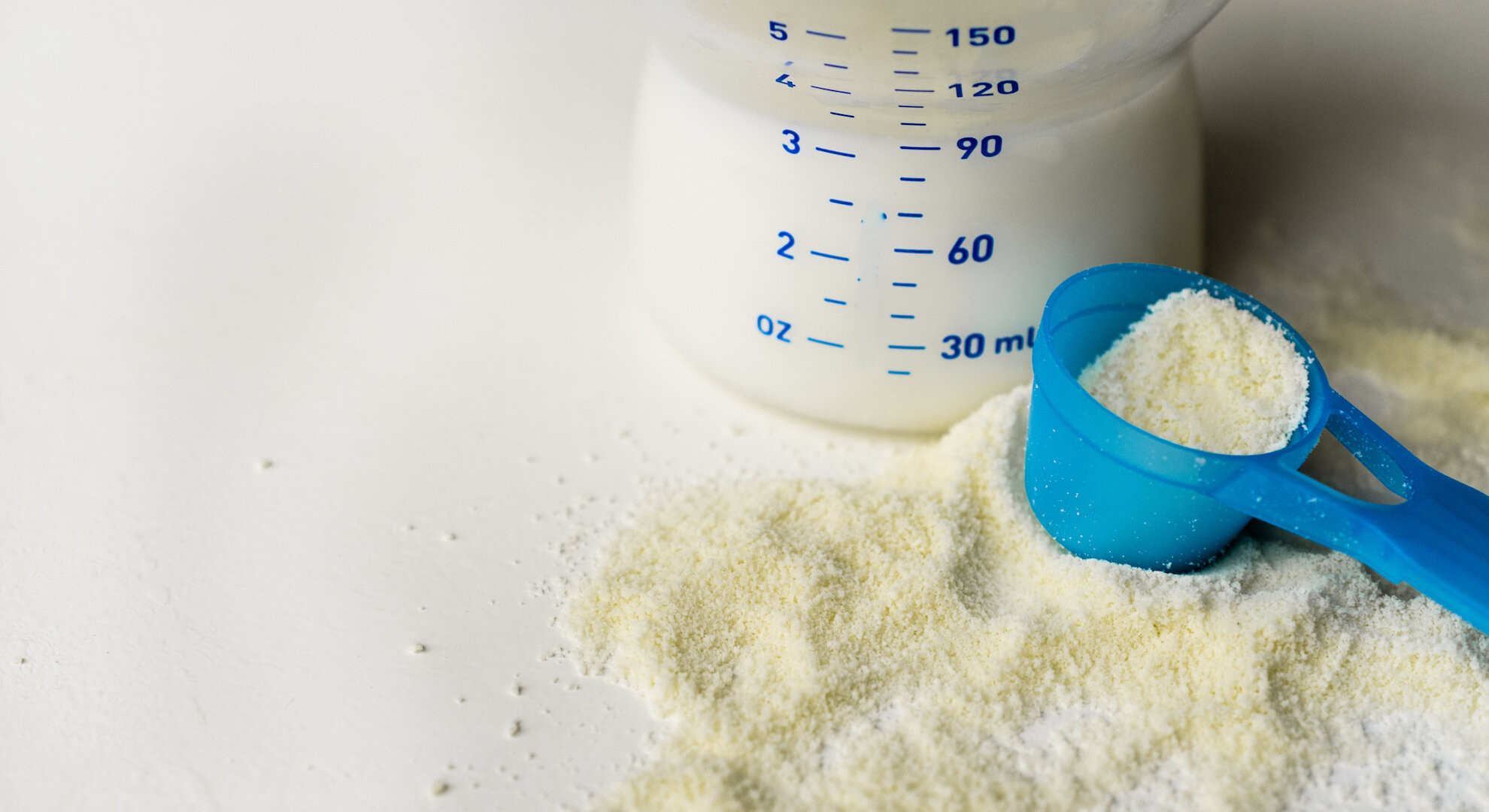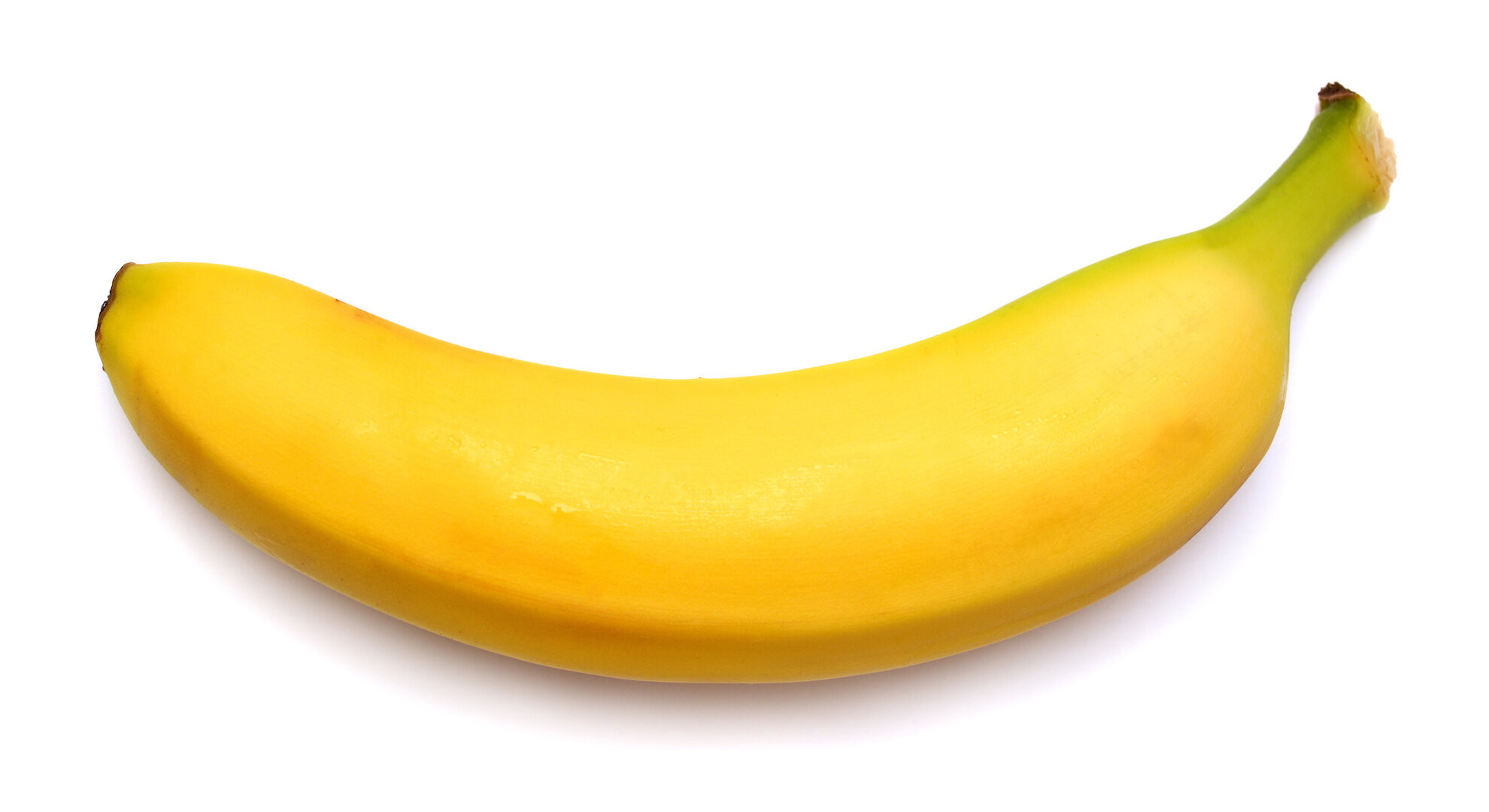You might have come across the story this week of Crystal Tadlock – an American traveller who got a nasty surprise when she landed at an airport in Minneapolis after a flight from Paris.
Tadlock had been preparing to take a connecting flight on to Denver when a random search by border agents revealed that she was carrying an apple that had been handed to her on her Delta Airlines flight from the French capital.
Her plan has been to eat the apple, which was still in a plastic Delta Airlines bag, as a snack on her next flight but instead she ended up being hit with a fine of $500 for failing to declare she was carrying the piece of fruit.
Whilst that might sound like an over-reaction on the part of the customs officer involved, the US Customs and Border Protection states that ‘every fruit or vegetable must be declared to a CBP Agriculture Specialist or CBP Officer and must be presented for inspection - regardless of its admissibility status’.
That’s because the USA, like many other countries, has strict rules about what foodstuffs can – and perhaps more importantly can’t – be taken through customs when you land.
But are you aware of the rules, or do you risk falling foul of border control on arrival?
USA:
Aside from an apple, there are various other foodstuffs that could cause problems if you try to take them with you into the USA.
As well as fruit and vegetables, which must be declared for inspection, you can’t generally import any meat products into the country and will have to dispose of them on arrival.
Aside from things like chocolate that you might have picked up in departures, you’ll be okay with things like bakery items, condiments, coffee, fish, tea and alcohol are okay along with some cheeses.
Rice products are best left at home however and anything that appears like it could be contaminated may also be destroyed.
The USA very much adopts the approach that ‘if in doubt, keep it out’ – something to bear in mind considering that failure to declare food products can you see fined up to $10,000.

Australia:
Australia is one of the strictest countries when it comes to taking food and drink with you – and that’s reflected in fines that can top £200,000 (although you’re unlikely to encounter those unless you are doing something seriously untoward).
Because of concerns about the risk of any disease being brought onto Australian shores, the Biosecurity Act prevents you from taking any fruit and vegetables with you whilst meat products (which include fish) are also prohibited.
Things as simple as breakfast cereals, baby formula and even wooden goods like statues and ornaments must be declared whilst you might even have to have your footwear disinfected if you’ve been on a farm in the last 30 days – again to reduce the risk of any foreign diseases being introduced into the country.
EU Countries:
As a rule, if you are travelling from one EU country to another, there are generally no restrictions on carrying animal products – given the strict veterinary rules that are in place in EU member states.
It should be noted however that there might be restrictions in place in certain circumstances, which you would be advised to check before travelling - be that to the likes of Spain, Greece, Portugal or Italy.
If you are travelling from outside the EU however, products of an animal origin are not permitted – the only exceptions being if you are arriving from Andorra, Liechtenstein, Norway, San Marino or Switzerland.
Mexico:
Taking food into Mexico largely depends on what you want to take with you – with various different regulations in place.
Dried, roasted and preserved fruits are allowed alongside smoked poultry like chicken and turkey if in their original packaging and labeled correctly, whilst dairy products, fresh fruit and vegetables can be allowed in depending on their origin. Seeds fall into this category – including things like cereal and granola bars.
However, homemade food items are not permitted, with fresh, refrigerated or frozen pork, poultry and beef not allowed under any circumstances.

Canada:
Canada is a country that has varied and complex regulations when it comes to what foodstuffs you are able to take into the country with you.
Restrictions and limits are in place on a range of meat, dairy, fruit and other products, which means it is highly advised not to take any such goods with you.
It is perhaps worth noting that in certain provinces, including Newfoundland and Ontario, you can only take alcohol into the country if aged 19 and over.
UK:
Of course, the regulations regarding carrying foodstuffs also applies to bringing things back home with you after your holiday – and the rules vary depending on where you are travelling from.
As an EU member state, if you are travelling from within the EU, you are able to bring back any fresh foodstuffs with you but if arriving from outside the EU then different rules apply altogether.
Meat and meat products are banned as are milk and dairy products as well as potatoes. Restrictions are in place in terms of the amount of fruit and vegetables you can carry, and also the amount of fish products.
It remains to be seen what impact Brexit will have on the regulations when it comes into force.

All information as published by the International Air Transport Association. Please check with the authorities in any country before travelling.

